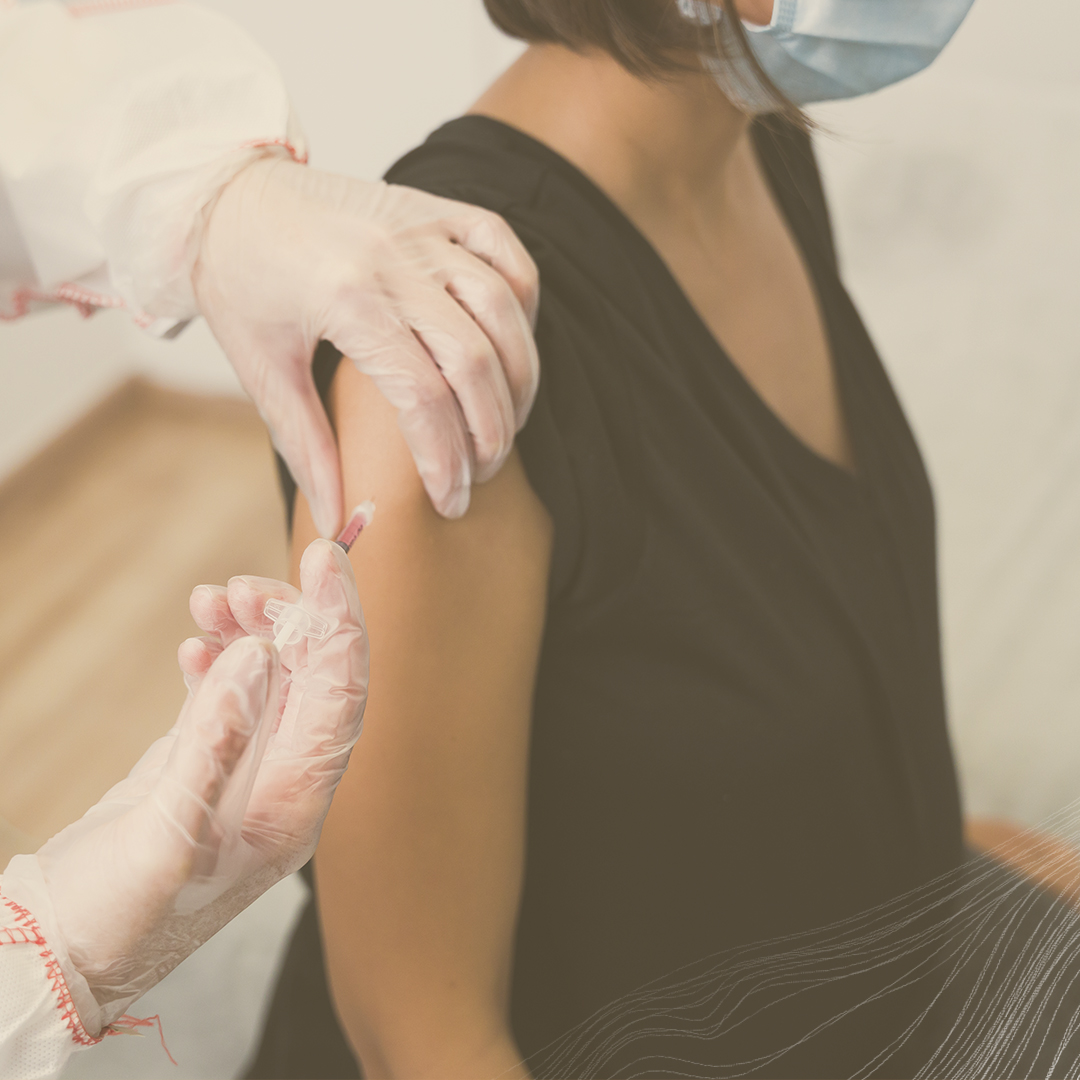The Covid-19 Vaccine, pregnancy and breastfeeding.
On the 27th of December 2020, the vaccination campaign against the COVID-19 virus began here in Spain.
The use of this vaccine, or others that may come in the future, in women planning a pregnancy, pregnant women and during breastfeeding raises many doubts and concerns.
For this reason CLÍNICA FERTIA, with the data currently available and waiting for more scientific evidence, have put together an informative post regarding the vaccination for our patients.
The vaccines currently available are both mRNA vaccines that do not contain live attenuated virus.
Recent studies have suggested that pregnancy is a risk factor for severe cases of the COVID-19 virus. Additionally, many women who are pregnant or thinking about getting pregnant can also have additional risk factors, such as obesity, hypertension, or diabetes, which can further increase the chance of serious illness from the COVID-19 infection. These considerations should be included in the decisions made regarding vaccination.

Can pregnant or breastfeeding women be vaccinated with Comirnaty?
As the COVID-19 mRNA vaccines are not composed of live viruses, they are not believed to increase the risk of infertility, loss at the first or second trimester, foetal death, or birth defects.
Laboratory studies in animals have not shown any harmful effects in pregnancy, however information on the use of Comirnaty in pregnancy is still very limited. Although there are no studies on lactation, no risk is expected.
The decision to use the vaccine in pregnant women or during breastfeeding should be made with the assessment of a medical professional who will individually assess the benefits and risks in each case.
Can I get vaccinated if I am undergoing fertility treatment or if I am planning a pregnancy?
The recommendation of the Spanish Health Authorities is that in cases of women who plan to get pregnant in the future, and since the vaccine against the COVID-19 virus currently available is an mRNA vaccine that does not contain live viruses, it is very unlikely to cause problems in the foetus or pregnant woman. Therefore there is no reason to delay attempts to get pregnant due to the administration of the vaccine or to postpone treatment until the second dose has been administered.
If you are planning a pregnancy, as a precautionary measure if you wish, you can wait 2 weeks after the administration of the second dose of the vaccine.
The SEF / ASEBIR considers that it is not justified to postpone the gestational desire or the start of an assisted reproduction study or treatment, including gamete donations.
In the event that a patient decides to be vaccinated during assisted reproduction treatment, ASEBIR / SEF recommends, as a precautionary measure and as recommended by the Health Authorities, postponing the insemination or embryo transfer two weeks after the administration of the second dose of the vaccine. It is not considered necessary to interrupt the evaluation process, ovarian stimulation, the obtaining of gametes or the generation of embryos.
At present, there are no scientific arguments that establish limitations for patients who wish to get pregnant and receive the vaccine.
Information references
https://www.cdc.gov/mmwr/volumes/69/wr/mm6925a1.htm
https://cima.aemps.es/cima/dochtml/p/1201528001/P_1201528001.html#4-posibles-efectos-adversos